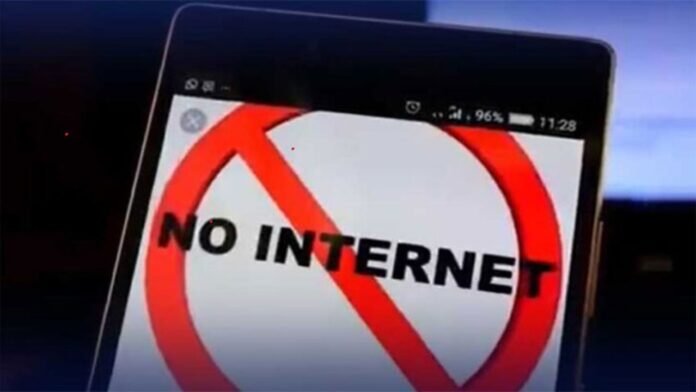The Ministry of Interior has cleared up recent reports that claimed internet services would be shut down during Muharram, saying that it was not true that provinces’ requests had been turned down.
The Ministry of Interior’s spokesperson cautioned against jumping to conclusions. The spokesperson emphasized that they have not yet made a final decision regarding the provinces’ requests to implement internet shutdowns in Muharram. The spokesperson underlined that the ministry has not given directions since provincial governments requested them.
Moreover, the spokesperson said there have been no official communications or directions from the PM Office regarding shutting down the internet during Muharram. This clarification aims to prevent speculation. And promote an accurate understanding of the status quo regarding provincial requests and government decisions regarding access to the Internet.
Globally, there is debate over internet shutdowns during religious seasons, balancing security concerns against citizens’ right to information and communication. In Pakistan, authorities occasionally implement such measures to prevent the spread of false information or to uphold public order. However, every occurrence needs proper scrutiny about its probable consequences for public safety and individual liberties.
Remembered with solemnity in Muslim communities worldwide, Muharram is an important month in the Islamic calendar. Emphasizing the martyrdom of Imam Hussain (the Grandson of Prophet Muhammad) and his comrades in the Karbala war. Pakistan holds ceremonies and marches. Organizers often implement high-security arrangements for these events, which attract many people, ensuring order and safety.
Provincial governments may request temporary internet blackouts during such times to prevent sharing provocations or anything that can stir up conflicts. Nevertheless, this decision must be carefully balanced. There is a need for security and the fundamental rights of independence of speech and access to information.
Apart from infringing these rights, critics state that internet blackouts disrupt economic activities. And democracy by choking off access to essential services and information. They also call for more transparency, accountability, and compliance with legal frameworks when considering or implementing such measures.
Pakistan has engaged in legal and ethical arguments over temporarily removing internet connections, especially during political turmoil or religious/cultural events. Such debates are a sign of more significant concerns. Affect nations across the globe regarding the use and control of technology in democratic societies.
As the Ministry of Interior weighs provincial requests regarding the closure of the Internet during Muharram, stakeholders highlight. The importance of keeping communication channels open, building public confidence, and upholding constitutional rights. In navigating intricate matters surrounding Internet governance and security in Pakistan, stakeholders should follow clear guidelines. They should make decisions based on informed choices while observing due process.


